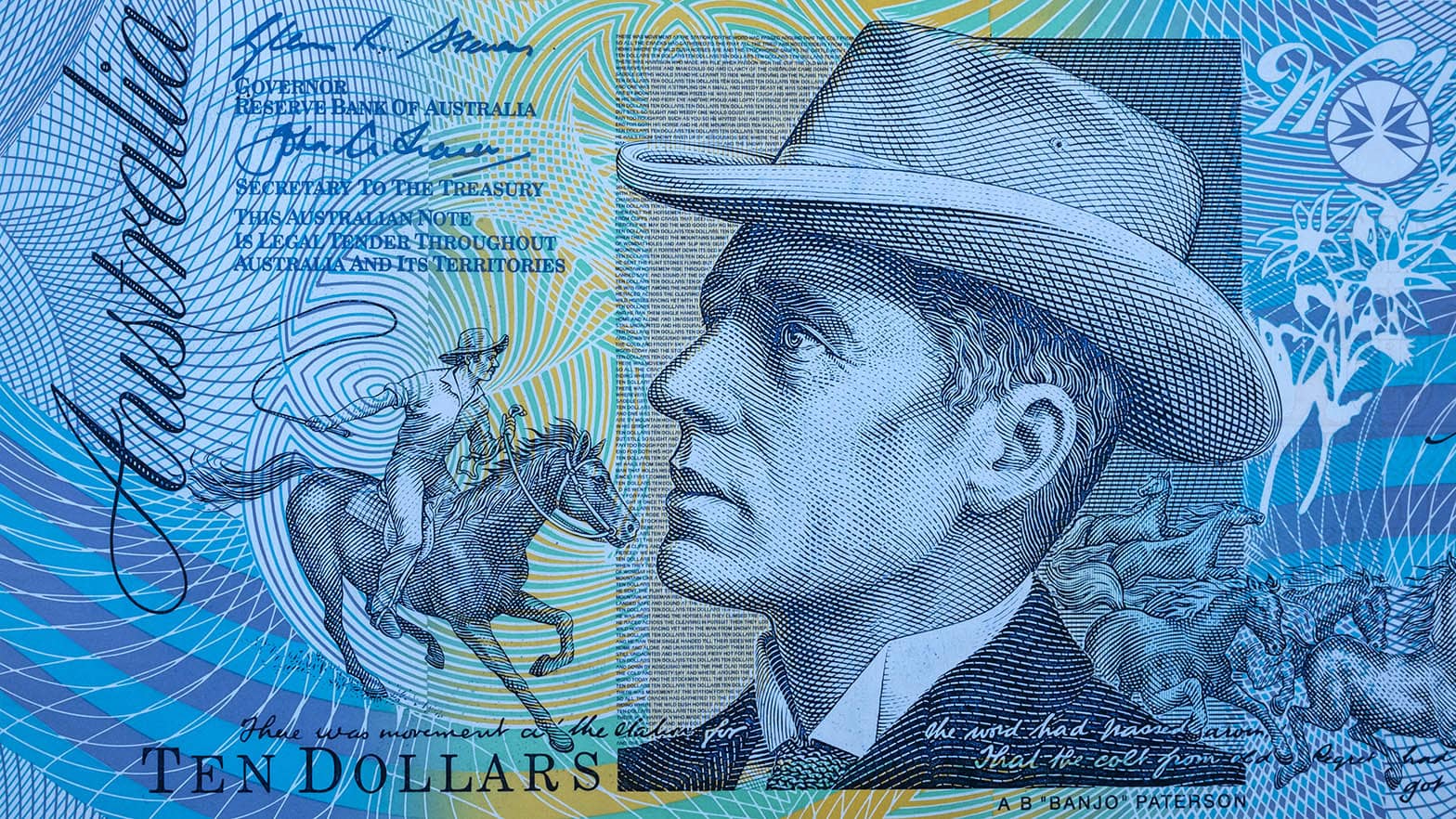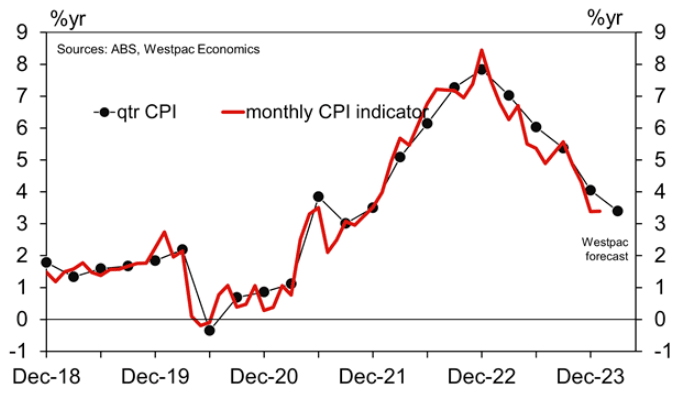Pound-Australian Dollar Advances On Inflation Undershoot, RBNZ Decision
- Written by: Gary Howes

Image © Adobe Images
The Australian Dollar was the second-worst performing G10 major after Australia's monthly inflation print undershot expectations and the Reserve Bank of New Zealand kept interest rates unchanged, which will have spillover implications for the Reserve Bank of Australia (RBA).
The Pound to Australian Dollar exchange rate is a third of a per cent higher on the day at 1.9448 after the ABS said its Monthly Consumer Price Indicator rose 3.4% in the 12 months to January, undershooting the 3.5% the market expected.
These data will plug into the quarterly inflation figure, which is the more complete data set, and suggests inflation is tracking at levels the RBA can accept.
Compare GBP to AUD Exchange Rates
Find out how much you could save on your pound to Australian dollar transfer
Potential saving vs high street banks:
A$4,875.00
Free • No obligation • Takes 2 minutes
"Taken at face value the January Monthly CPI Indicator suggests that if there are any risks to our current March quarter CPI forecast of 0.7% Q/Q it is to the downside," says Justin Smirk, Senior Economist at Westpac.
The Australian Dollar to U.S. Dollar exchange rate was three-quarters of a per cent down on the day at 0.6493, and the Euro to Australian Dollar exchange rate was up 0.44% at 1.6643.
Above: "Inflation continued to moderate" - Westpac.
The 3.4% inflation print is the joint softest print for the monthly inflation estimate since November 2021 and will encourage markets to bet that the RBA will be in a position to cut interest rates in the second half of the year.
Also impacting the Aussie was the RBNZ's decision to keep interest rates on hold, which would have been an unremarkable decision just a few weeks ago.
However, lately, some banks have changed their calls to say the RBNZ would surprise by raising interest rates due to persistent domestic inflationary pressures, making the February decision more unpredictable than usual.
Such a move would have alerted markets that other global central banks might have to follow suit owing to sticky inflation levels, the RBA included.
The decision to hold rates and maintain relatively unchanged guidance will have lowered the odds for any further rate hikes at the RBA, which adds to the downside pressures on AUD following the inflation numbers.
"AUD was also dragged down by the weaker NZD/USD," says Joseph Capurso, Head of International and Sustainable Economics at Commonwealth Bank of Australia.
CBA says the first rate cut by the RBA remains priced for September. "However, we expect the RBA to cut its cash rate much more than the market expects. We are still comfortable AUD/USD will end the quarter at around 0.6400".
Compare GBP to AUD Exchange Rates
Find out how much you could save on your pound to Australian dollar transfer
Potential saving vs high street banks:
A$4,875.00
Free • No obligation • Takes 2 minutes





